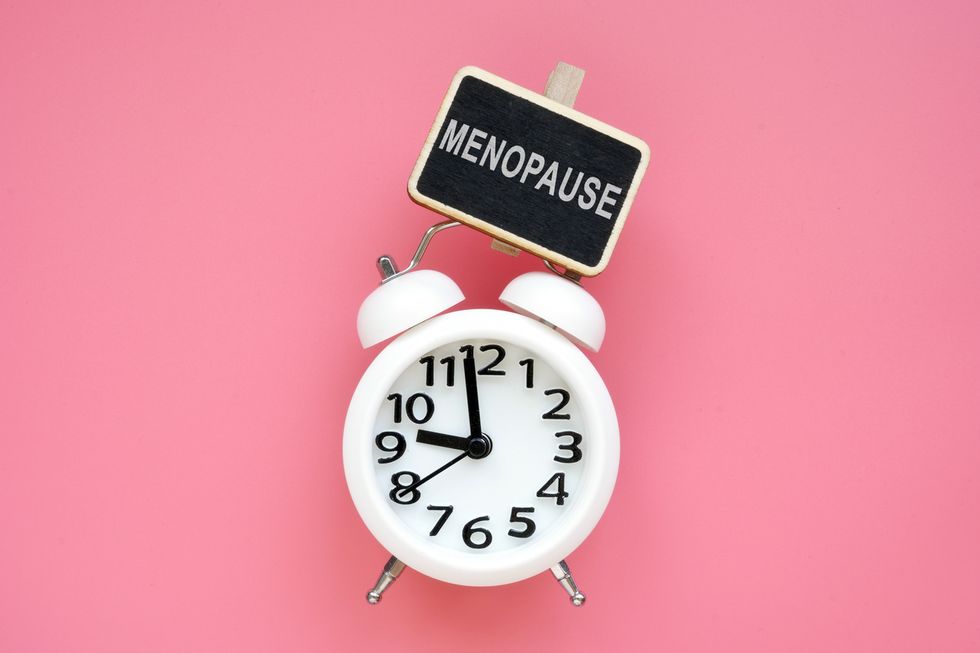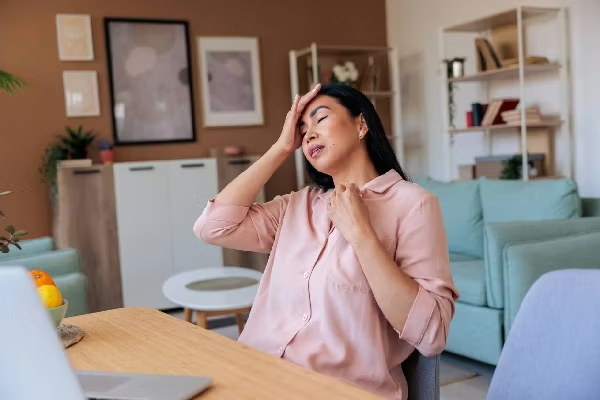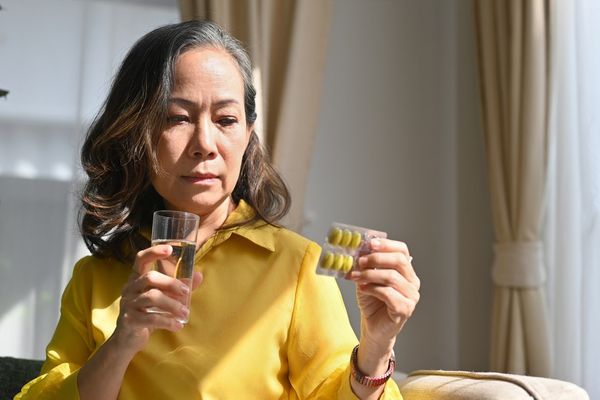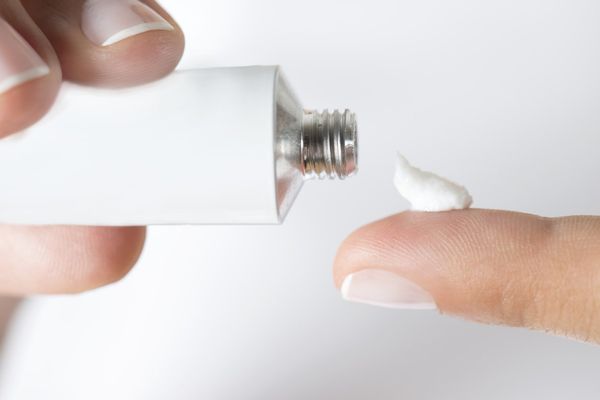Dr. Barb DePree, director of the Women's Midlife Services at Holland Hospital, founder of MiddlesexMD and a member of HealthyWomen’s Women’s Health Advisory Council, answers our questions about this important stage of a woman’s life.
This is the second installment of a two-part series. Read part one here. The transcript has been edited for clarity and length.
HealthyWomen: Let’s discuss the question of menopause and our cognitive abilities? Is there an actual change or a perceived change?
Barb DePree: The brain is a very important target of hormones, so the absence of estrogen impacts the function of neurotransmitters, and it’s not unusual for women to notice challenges with memory, focus or concentration, and that really is a physiological change of brain function.
When we do testing and look at verbal skills, for instance verbal recall, we see a small incremental effect around the time of menopause. Most women regain that function and it doesn’t typically equate to a long-term loss of ability, but it can be a real frustration.
A lot of women express concern about the beginning of cognitive decline and Alzheimer's and dementia and mostly we can reassure them that no, it is not.
HealthyWomen: Can you talk about insomnia: how it affects our health and how we can combat it without drugs?
Barb DePree: There's some interesting science around hunger and satiety hormones and what happens with people who don't get adequate sleep versus those who do, and we know how restorative sleep is for the brain.
An intact sleep pattern is always going to be our first choice, but it's an enigma. So many women are frustrated by sleep. On the other hand, when you ask women about their sleep, many of them have had decades of disrupted sleep patterns. It tends to worsen around the time of menopause, but for many women, it’s not new.
My best advice is to follow good sleep hygiene practices, such as a cool, dark room, no caffeine for 12 hours before you go to bed, no exercise before you go to sleep. Unfortunately, many of the over-the-counter herbal products are just so variable — what helps one person may not help another.
There have been some really interesting studies around cognitive behavioral therapy for insomnia, CPTI. It’s a psychotherapy that focuses on problem-solving by changing your thought patterns. There are therapists who are specifically trained for that around insomnia, and if you're willing to put the time and work into trying to change your thought patterns, it really can be beneficial.
HealthyWomen: How does our sexuality or sexual health change?
Barb DePree: It's easy to generalize, but recognizing that this is so variable, there are going to be some women who find this to be a really wonderful time in their sexual life and enjoy sexual health. No periods, no concern about pregnancy — all of that is somewhat freeing. They’ve come to a place where they love themselves, love their bodies, and are in great emotional relationships that they can truly enjoy themselves sexually.
The other thing that we commonly see is a loss of desire or drive. Given the physiology of not being able to reproduce, it's probably not surprising that you lose the drive to do the act that results in reproduction. We also understand the impact of hormones: as we lose testosterone — the natural hormone that impacts drive and ability to orgasm — that can negatively impact sexual function.
And back to estrogen and those receptors again: the genitals have the most concentrated estrogen receptors, so over time what is most likely to be negatively impacted are the vulva and vagina and lower urinary tract, so [lack of estrogen is] likely to spill over into some urinary symptoms as well.
But the classic process is that women have more dryness and they don't respond to arousal with spontaneous moisture. The decreased blood supply that results from less estrogen can result in just taking longer to arouse and orgasm, making it a little bit more frustrating. So it’s important to try first to address libido and comfort (we always want to start with comfort because we can’t expect you to have desire if there’s pain involved).
We address that, typically starting with over-the-counter lubricants and moisturizers to help retain some of the natural moisture. Within about five years from the onset of menopause though, 50% of women will probably experience some painful intercourse that lubricants will no longer address. Then we look at effective treatment options, and we have a variety of prescription treatment options that are safe and effective. But again, not every woman will experience painful sex.
HealthyWomen: Are there any health benefits of menopause?
Barb De Pree: The breasts get less dense, so our mammograms are typically more effective at seeing the important details. And I think the other thing that happens for many women is it's a uniquely inspiring time.
They hopefully have successfully reared their children, generally have found a loving relationship or maybe they're happily single, but I think most women are ready for the second spring and are more confident in themselves, around their passions and their talents. I see a lot of women happy in the place that they've arrived, having gained wisdom and experience.
HealthyWomen: Can you briefly give us your thoughts on hormone therapy? (We’re doing an in-depth story on HRT next month.)
Barb DePree: I think hormone therapy has sadly been misrepresented in the media about its safety, so there's a perception of harm that is inaccurate. For many women, their ability to feel and function optimally is achieved with hormone therapy and there is not a substitute.
Menopause Is the only human example where we experience organ failure or endocrine failure and we choose not to do anything about it. Women live with ovarian hormones for 35 years and no one questions their value, their benefit or their safety, so what is it that happens when you’re 52 that would make it unsafe for you to be exposed to that hormone?
HealthyWomen: What are your tips for living our best life through menopause?
Barb DePree: Try to be informed and aware and anticipate what might be ahead in advance, so you can know what to look for and consider options on how to address it to achieve optimum health — knowing that menopause may have some negative health impacts.
If you can enter it with ideal bone health, normal blood pressure, nondiabetic, your likelihood of maintaining good health is going to be much greater. I’d like this to be a conversation more commonly discussed in 30-year-olds and 40-year-olds, instead of waiting until women are in the throes of trying to solve the problems they're going through related to menopause.







